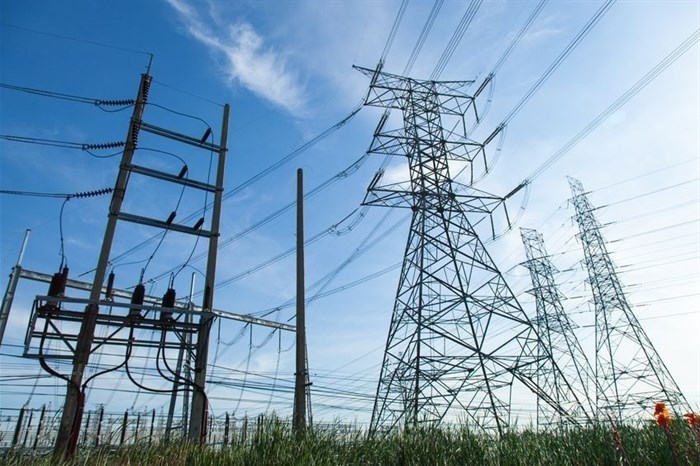
Subscribe & Follow
Advertise your job vacancies
Municipal debt, poor finances pose risk to Eskom
Rising municipal debt, coupled with poor financial and operational performance, pose a systemic risk to the sustainability of Eskom, says its chief financial officer, Calib Cassim.

Image via 123RF
Cassim was speaking at the National Energy Regulator of SA (Nersa) public hearings into the utility’s Third Multi-Year Price Determination (MYPD3) Regulatory Clearing Account (RCA) Year 5 (2017/18) and MYPD4 applications. The hearings were held at President Hotel and Conference Venue in Bloemfotein, Free State.
Wednesday’s hearings were the regulator’s fifth stop in hearings to be conducted countrywide.
Cassim said ballooning municipal debt, together with the rising Soweto debt, is no longer just an Eskom problem alone, hence the involvement of the inter-ministerial task team, which includes the departments of Cooperative Governance and Traditional Affairs, Energy, Public Enterprises, National Treasury, and the regulator.
The Eskom board has assessed the ability of the group to continue as a going concern and considered a number of mitigating strategies and actions to address the risks identified.
"What is clear is that Eskom cannot solve financial and operational sustainability challenges that it faces alone. The turnaround of Eskom is a journey over time that is highly dependent on the active involvement of the shareholder, Nersa and other stakeholders, including customers," said Cassim.
The power utility said municipal debt rose by 80% in the past 18 months, reaching R17bn by the end of September 2018. Soweto debt, including interest charges, also rose to R17bn during the same period.
Municipal debt continues to be on the rise, said the utility’s general manager responsible for customer services Thys Möller.
"Municipal debt continues to rise and this has become unsustainable. Municipal debt is longer just an Eskom problem, it is a national problem. Eskom continues to participate in the inter-ministerial task team process, with a view of finding lasting solutions together with other stakeholders," said Möller.
Eskom has to date installed more than 80,000 split prepayment meters in Soweto. The utility will continue with disconnections of defaulting customers.
Cassim said Eskom has made every effort to control its operating expenditure but it needed, in addition to the savings, more revenue through price increases and balance sheet support from the shareholder.
He said the application of 15% over the three years still does not fully cover Eskom’s debt commitments.
"If we want to change and make Eskom’s balance sheet sustainable, in addition to Eskom containing its costs, we need to change its returns by prices going up and get it to what is allowed.
"The shortfall in tariff cannot be solved through cost reductions alone and while others have pointed Eskom to the debt market, further indebtedness adds to the problem. In the period 2007/08 to 2017/18, Eskom’s debt has gone up tenfold compared to price increases that have gone up five-fold."
Both the Department of Energy through the Electricity Pricing Policy and government (government support package) indicate that Eskom should have reached a higher tariff level of approximately over R1/kWhr by 2018.
The public hearings move to Nelspruit in Mpumalanga and will resume again on Monday in Rustenburg, North West.
Source: SAnews.gov.za
SAnews.gov.za is a South African government news service, published by the Government Communication and Information System (GCIS). SAnews.gov.za (formerly BuaNews) was established to provide quick and easy access to articles and feature stories aimed at keeping the public informed about the implementation of government mandates.
Go to: http://www.sanews.gov.za






